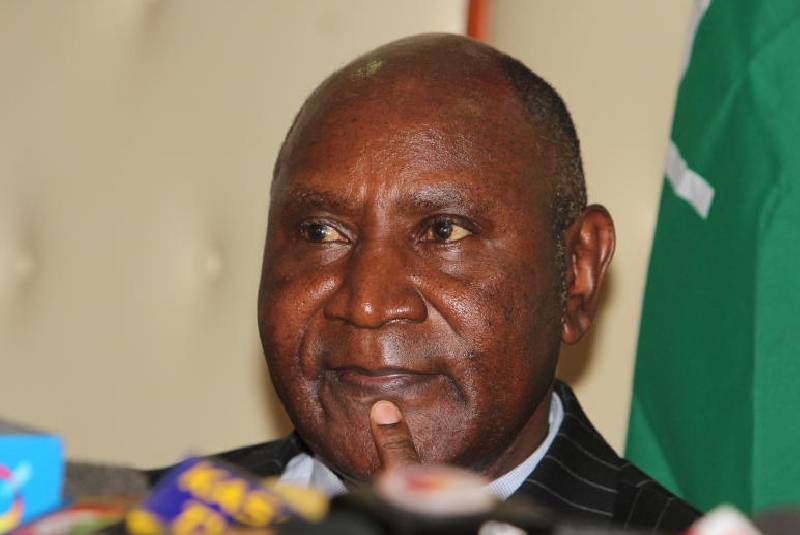×
The Standard e-Paper
Kenya’s Boldest Voice

Intense lobbying has started for plum positions in government whose occupiers are expected to exit in coming months. This presents a tough balancing act for President Uhuru Kenyatta who is currently in the middle of a political storm.